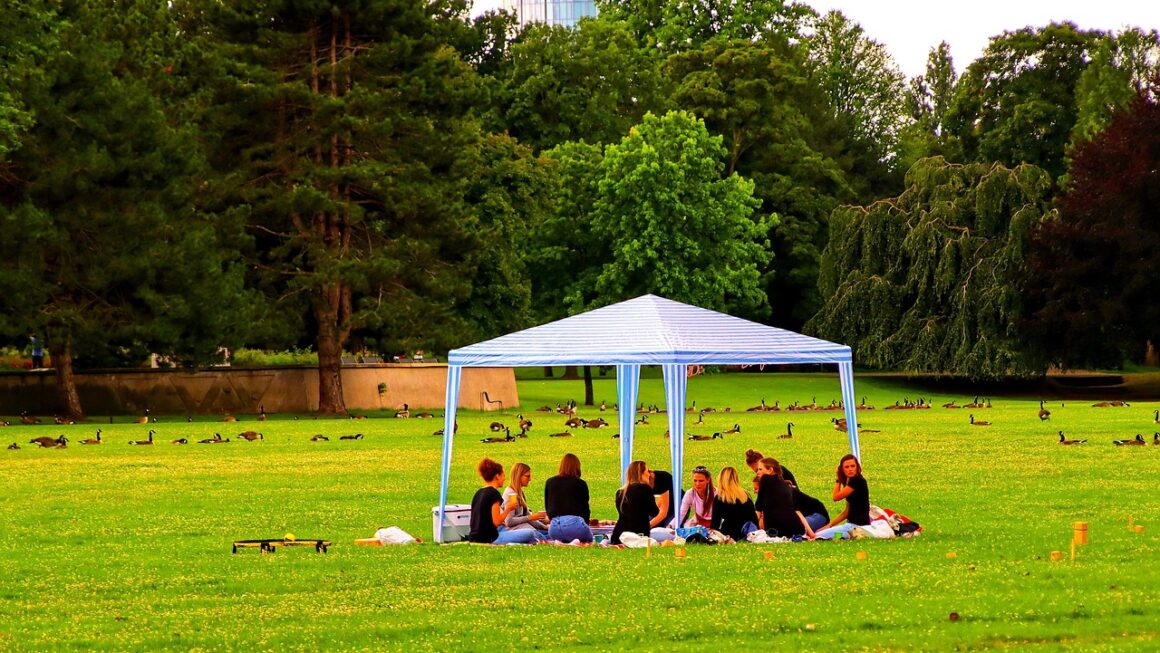A vibrant friend circle is more than just a social gathering; it’s a cornerstone of well-being, a support system in times of need, and a source of joy and shared experiences. Cultivating and maintaining meaningful friendships requires conscious effort and understanding. This post explores the importance of friend circles, how to build and nurture them, and what to do when friendships evolve or fade.
Why Your Friend Circle Matters
The Impact on Mental and Physical Health
A strong friend circle provides vital emotional support, reducing feelings of isolation and loneliness. Research consistently shows a correlation between strong social connections and improved mental and physical health. For instance, studies have linked close friendships to lower blood pressure, reduced stress levels, and a stronger immune system.
- Reduced Stress: Having friends to confide in helps manage stress.
- Improved Mental Well-being: Friendship combats feelings of depression and anxiety.
- Enhanced Physical Health: Social connections can lead to healthier lifestyle choices and better overall health outcomes.
Fulfilling Social Needs
Humans are inherently social beings. We crave connection, belonging, and a sense of community. Friend circles fulfill these essential needs, offering:
- Companionship: Sharing activities and experiences with others.
- Belonging: Feeling accepted and valued within a group.
- Purpose: Supporting and being supported by friends.
Examples of the Positive Impact
Imagine facing a challenging time at work. Knowing you have friends to vent to, who offer perspective and support, can make a huge difference. Or consider celebrating a personal achievement; sharing that joy with friends amplifies the feeling of accomplishment. These are just small examples of the constant positive impact a thriving friend circle can have on your life. Data from the CDC suggests that adults with strong social support networks are less likely to suffer from chronic diseases.
Building Your Friend Circle
Identify Shared Interests and Values
Common ground is crucial for building lasting friendships. Look for people who share your hobbies, passions, or values.
- Hobbies: Join clubs, classes, or groups related to your interests (e.g., book club, hiking group, photography club).
- Values: Seek out individuals who share your ethical principles and worldview.
- Activities: Participate in community events, volunteer opportunities, or social gatherings that align with your interests.
Initiate and Maintain Contact
Building a friend circle requires active effort. Don’t be afraid to reach out and initiate conversations.
- Start Small: Begin with simple interactions like commenting on social media posts or sending a friendly message.
- Plan Activities: Suggest getting coffee, going for a walk, or attending an event together.
- Stay in Touch: Make an effort to regularly check in with your friends, even if it’s just a quick text or phone call.
Be Open and Authentic
Authenticity is key to forming genuine connections. Be yourself, share your thoughts and feelings openly, and listen actively to others.
- Share Your Story: Don’t be afraid to talk about your experiences, both good and bad.
- Listen Empathetically: Pay attention to what your friends are saying and show that you care.
- Be Vulnerable: Sharing your vulnerabilities can create deeper connections.
Nurturing Existing Friendships
Prioritize Quality Time
Making time for your friends is essential for maintaining strong relationships. Schedule regular get-togethers, even if it’s just for a quick catch-up.
- Regular Check-Ins: Make it a habit to reach out to your friends regularly, even if it’s just a quick text or phone call.
- Scheduled Activities: Plan regular activities together, such as dinners, movie nights, or weekend trips.
- Be Present: When you’re spending time with your friends, be fully present and engaged.
Practice Active Listening and Empathy
Effective communication is crucial for healthy friendships.
- Listen Attentively: Pay attention to what your friends are saying and show that you care.
- Offer Support: Be there for your friends when they need you, whether it’s lending an ear or offering practical help.
- Show Empathy: Try to understand your friends’ perspectives and feelings, even if you don’t always agree with them.
Resolve Conflicts Constructively
Conflicts are inevitable in any relationship. Learn to address disagreements in a healthy and constructive way.
- Communicate Openly: Express your feelings calmly and respectfully.
- Listen to Understand: Try to see things from your friend’s point of view.
- Find Compromises: Be willing to compromise and find solutions that work for both of you.
Navigating Evolving Friendships
Recognizing Changes in Friendships
Friendships evolve over time as people’s lives and priorities change. It’s important to recognize when a friendship is shifting. These changes might include:
- Less Frequent Contact: Communication may become less regular.
- Decreased Shared Interests: You may find you have less in common.
- Shifting Priorities: Different life stages or circumstances can affect availability.
Addressing Distance or Drift
Distance, both physical and emotional, can strain friendships. Be proactive in maintaining connections.
- Schedule Virtual Get-Togethers: Use video calls to stay in touch if you live far apart.
- Make an Effort to Visit: If possible, plan trips to see your friends in person.
- Communicate Your Feelings: Be open about how you’re feeling about the distance and discuss ways to stay connected.
Letting Go Gracefully
Sometimes, friendships naturally run their course. It’s important to accept this and let go gracefully.
- Acknowledge the Good Times: Remember and appreciate the positive aspects of the friendship.
- Avoid Blame: Focus on the fact that the friendship has simply evolved.
- Wish Them Well: Send positive thoughts and acknowledge their continued growth and happiness.
Conclusion
Building and maintaining a strong friend circle is an investment in your well-being. By prioritizing connection, nurturing friendships, and understanding the natural evolution of relationships, you can create a supportive and fulfilling social network that enriches your life in countless ways. Remember that friendship is a two-way street; it requires effort, empathy, and a willingness to invest in the relationships that matter most.




